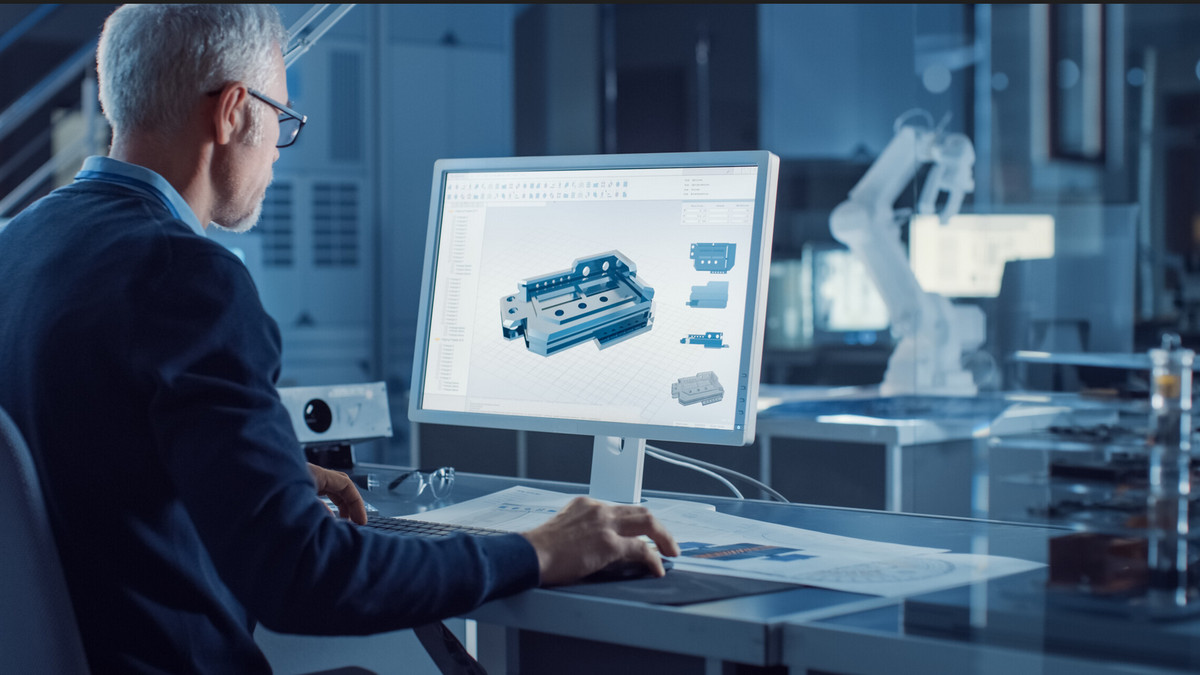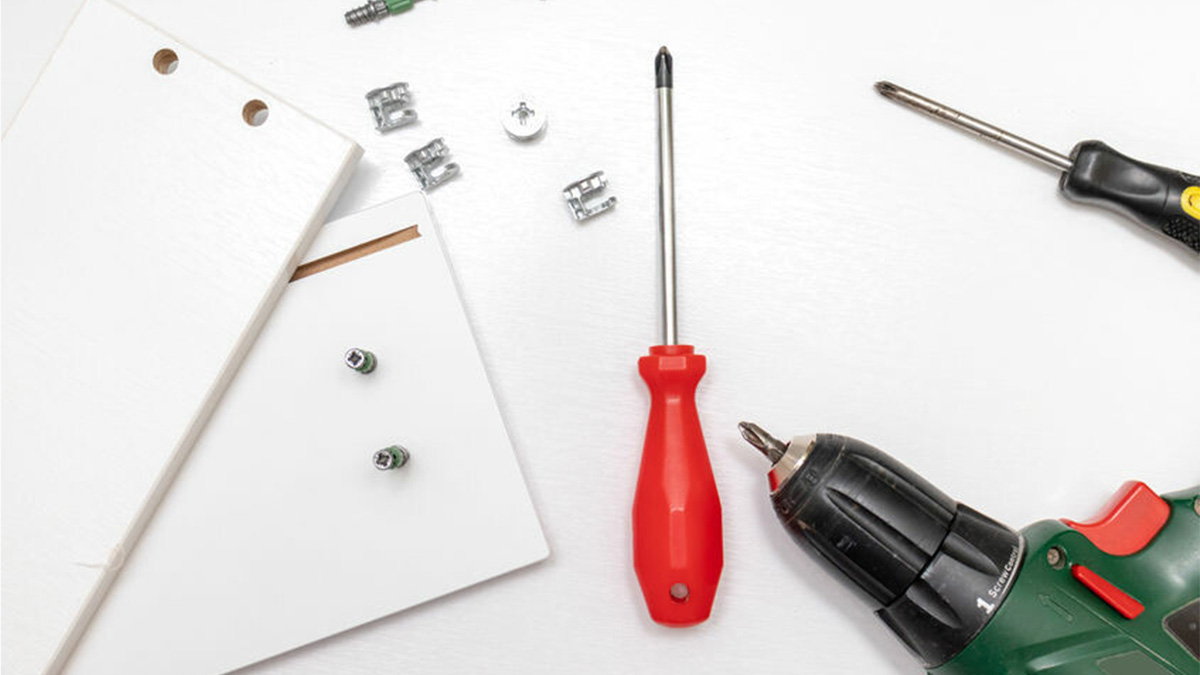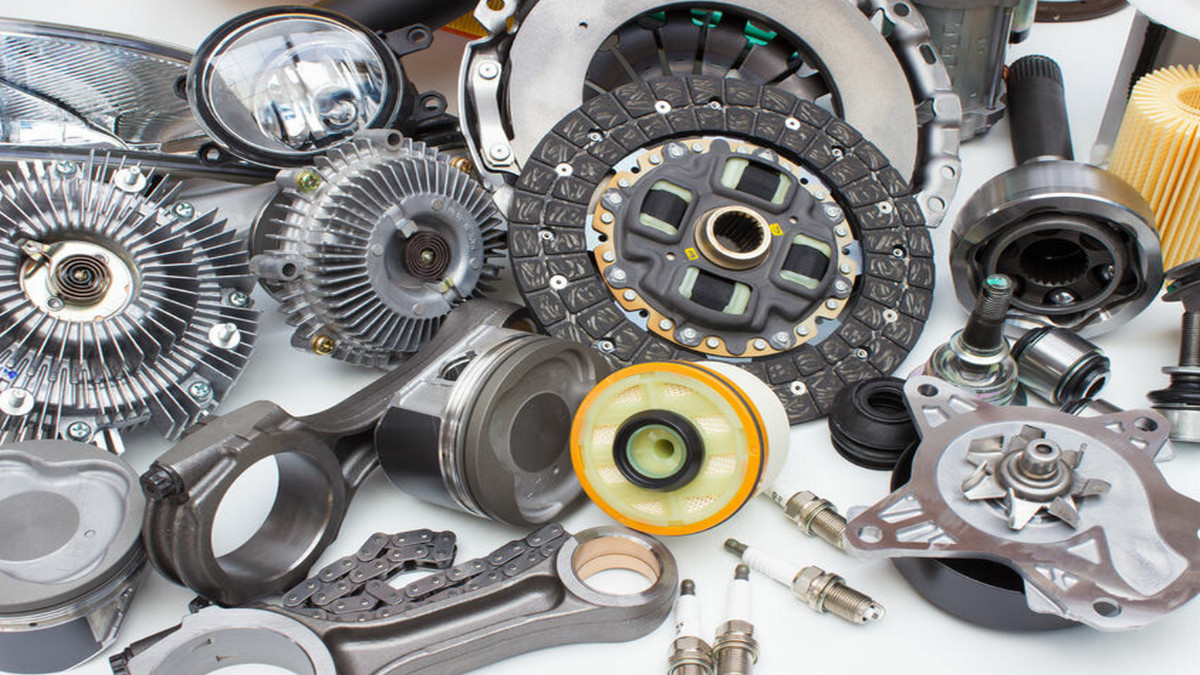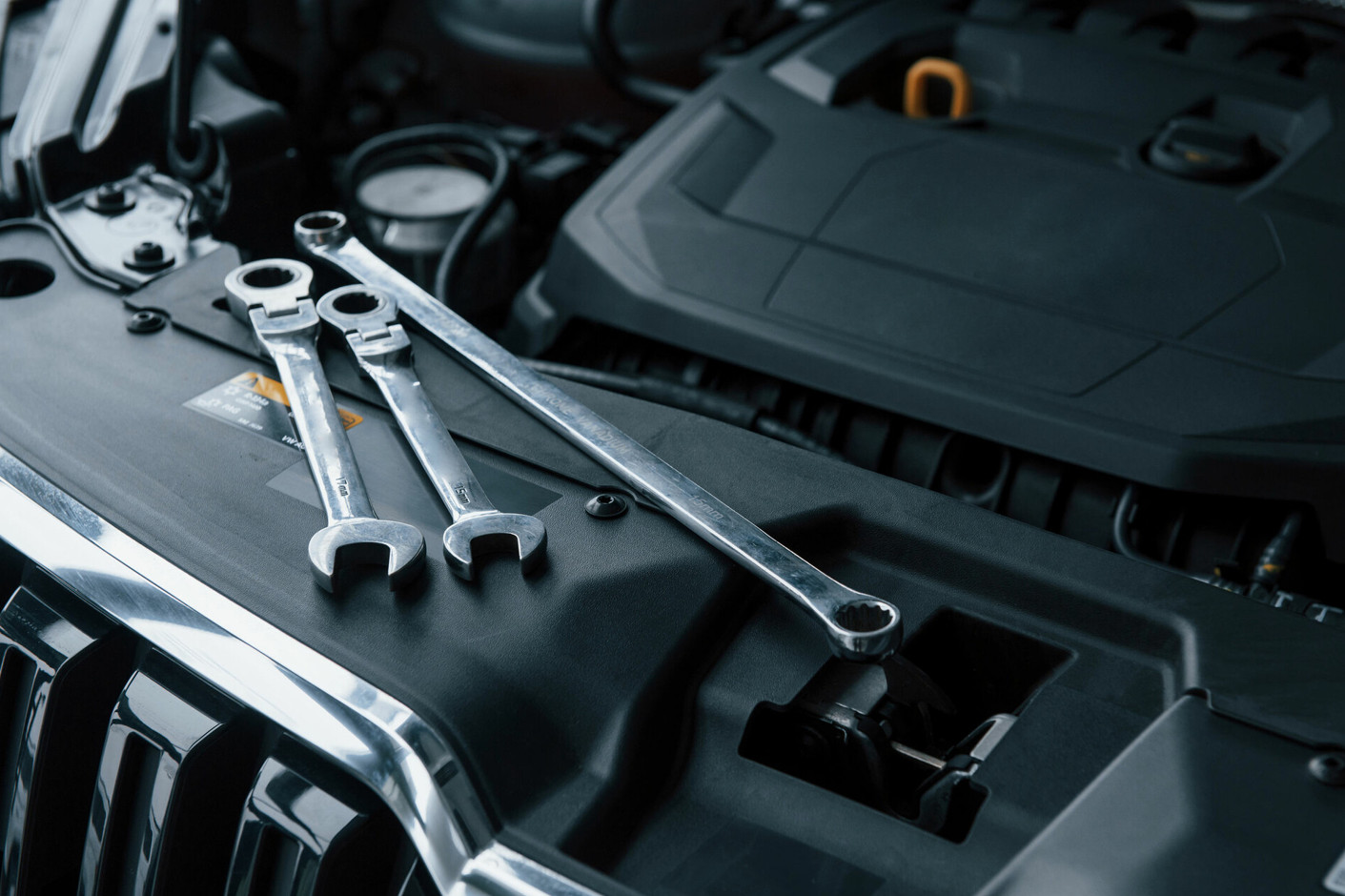With the rapid development of networking technology, the nodes of the network are no longer just desktop computers or mobile devices at home. Every machine and every object we touch may become "conscious" in the future. Our life will become more networked, and we will be closer to the world through various smart devices. The new era of the Internet of Things has arrived. In this concept, the industrial PC hidden behind is an important driving force for the realization of the future Internet of Things in life. What is an industrial PC? This post will take you to find out!
What is An Industrial Computer (IPC)?
Industrial PC (referred to as IPC) mainly refers to a personal computer specially used in the industry, which can be used as an industrial controller. At first, it was mainly used in factory production line control (such as scheduling, feeding and other industrial automation systems). Later, with the advancement of technology, the scope of IPC application began to expand to various industries, such as medical, financial, communication, environmental protection, and so on.
The earliest use of industrial computers was in the "factory manufacturing process". The control and monitoring of instruments and machinery equipment was limited to industrial automation card systems, and its use was automation equipment. The barriers to entry for industrial computers are relatively high. Large manufacturers are reluctant to produce products that do not reach economies of scale, while small factories cannot easily enter due to insufficient funds. Most of their products are tailored to meet customer needs.
Due to the requirements of many industrial grade applications such as factory automation, or general embedded application systems such as terminal sales systems, it is required to be more stable, more durable, safer, use harsher environments, and be easier to manage. Therefore, PC products designed for various industrial characteristics came into being, such as Industrial PC and Embedded PC (EPC).
With the development of 3C, the use of industrial computers has expanded from the original industrial automation to office automation, and has entered the era of home automation.
In recent years, industrial computers have gradually been applied to all aspects of life, integrating communication, network, software, and optoelectronics, emphasizing application fields, such as MRT card readers, automatic ticket vending machines, bank ATMs, and point-of-sale systems (POS), gaming, network storage (NAS), digital electronic signage (Digital Signage), intelligent building automation monitoring system and environmental monitoring system, lottery ticket computer, vending machine, large video game machine, medical care equipment, and computer telecommunications integration field (CTI), enterprise network telephone exchange (VoIP Gateway/PBX).
Industrial computer sales targets are usually system integrators (SI) or value-added vendors (VAR), and seldom sell directly to end users; customers of Taiwanese manufacturers are mostly system manufacturers or industrial circles in Europe, America and Japan. When customers purchase products, they must consider system integration and collocation issues, and the complexity and price of the products themselves are higher than those of general consumer products, so the customer authentication time is also longer.
As for embedded computers, it is emphasized that it can be adapted to various working environments and embedded in many different product applications, such as human machine interface, medical care system, military intelligence system, Global Positioning System (GPS), etc.
Future Trends of Industrial Computers (IPC)
The future trend of industrial computers is no longer just for industrial use, but for scene applications in various professional fields.
Intelligent Carrier
Many of the recently popular Internet of Things (IoT) or intelligent Internet of Things (AIoT) need to be achieved through 5G technology, and even various smart applications. Therefore, industrial computer operators should be able to make an industrial application that integrates various functions. Let the product become a so-called-intelligent carrier. It can be applied in many fields. For example, in the past, the advertising billboards of department stores were all in the same fixed carousel. But now through image recognition technology, if a girl is found passing by, the advertisement of cosmetics will start; if it is an elderly person, it will be changed to health care products immediately.
Therefore, industrial computers are a very important carrier, but the focus is not just on producing them, but on how to interact with consumers and play a role.
From Production Orientation to Application Orientation
For example, if the industrial computer application area is on a ship, what is the situation? If the GPS signal is not good, it will fail if it is splashed with water, which is not very painful. When sailing, do you always want to see fish in front of you, or what kind of scenery it is? How to connect with satellite and weather? All of the above are functions that will be needed when sailing, but first you must be familiar with the sailing situation before you can understand these needs.
Industrial computers have also entered the medical field, how to cooperate with nursing, schools or hospitals? If you are not familiar with the application scenario, it is actually useless. Therefore, the entire industry must first step into the application field in order to make good products.
From A Hardware Manufacturer to A Solution and Service Provider
Many manufacturers have now shifted from ODM to OBM. In the future, industrial computers must provide more complete after-sales services. Because the industrial computer is an intelligent carrier, it should not wait until a problem occurs to provide services, but should be an intelligent service mechanism, just like a mobile phone.
For example, if there is a problem with a ship on the sea, or some abnormal situation, it can send a message to the cloud of the enterprise for control in real time. Therefore, the service is no longer that when the customer needs service, I will passively assist in the maintenance; but when the equipment is not in good condition, the computer can actively suggest to you what functions to expand in different scenarios to provide customers with a better experience.
In addition, it should embed integrated data processing capabilities, combined with cloud service capabilities, to become a proactive and valuable service provider, not just a simple after-sales service.
The Layout of The Software Age
In this era of "software eats the world", electric cars like Tesla can control everything through software. As long as hardware technology continues to improve, the existing IPC industry will be greatly impacted by software sooner or later, and the rate of return on capital will not be high. As good-looking as it is now, unless there are manufacturers who preemptively deploy high-end hardware technologies (such as Intel) or know-how of software applications (such as Microsoft), or use experience in serving customers (such as the reborn IBM), it may be possible in the new year. When the wave comes, climb to new heights.














